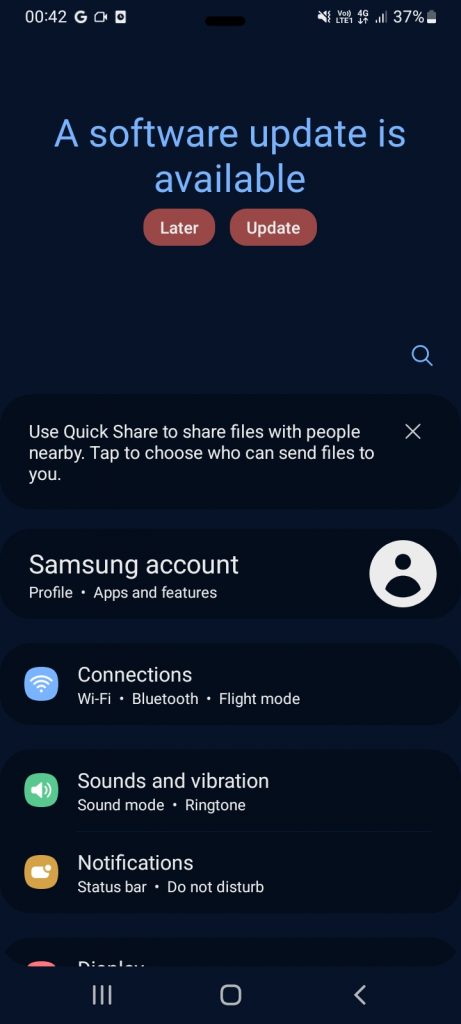
In News
- Recently, the No Oil Producing and Exporting Cartels (NOPEC) bill was passed by a Senate committee which intends to protect U.S. consumers and businesses from engineered oil spikes.
Key Points
- Background:
- Several attempts to pass NOPEC over more than two decades have long worried OPEC’s de facto leader Saudi Arabia, leading Riyadh to lobby hard every time a version of the bill has come up.
- Way to fight high prices of fuels:
- US legislation and antitrust lawsuits have emerged as a possible tool to tackle high fuel prices.
- But implementing it could also have some dangerous unintended consequences.
What is the NOPEC bill?
- Purpose of the Bill:
- The bipartisan NOPEC bill would tweak U.S. antitrust law to revoke the sovereign immunity that has protected OPEC+ members and their national oil companies from lawsuits.
- If signed into law, the U.S. attorney general would gain the option to sue the oil cartel or its members, such as Saudi Arabia, in federal court.
- Earlier a similar Bill was introduced but was not passed. What has changed now?
- Previous versions of the NOPEC bill have failed amid resistance by oil industry groups, including the top U.S. oil lobby group, the American Petroleum Institute (API).
- But anger has risen in Congress about gasoline prices that earlier this year helped fuel inflation to the highest level in decades.
- Issue in the Bill:
- It is unclear exactly how a federal court could enforce judicial antitrust decisions against a foreign nation.
- The United States could also face criticism for its attempts to manipulate markets by its planned release of 165 million barrels of oil from the emergency oil reserve between May and November.
- NOPEC would create further instability in the marketplace and exacerbate existing challenges in international commerce.
- NOPEC legislation could ultimately lead to overproduction by OPEC, bringing prices so low that U.S. energy companies have difficulty boosting output. Saudi Arabia and other OPEC countries have some of the world’s cheapest and easiest reserves to produce.
- The Bill could lead to unintended blowback, including the possibility that other countries could take similar action on the United States for withholding agricultural output to support domestic farming.
- In 2019, for example, Saudi Arabia threatened to sell its oil in currencies other than the dollar if Washington passed a version of the NOPEC bill.
- Doing so would undermine the dollar’s status as the world’s main reserve currency, reduce Washington’s clout in global trade, and weaken its ability to enforce sanctions on nation-states.
OPEC
- It is a permanent, intergovernmental Organization, created at the Baghdad Conference on September 10–14, 1960, by Iran, Iraq, Kuwait, Saudi Arabia and Venezuela.
- The OPEC Secretariat is the executive organ of the Organization of the Petroleum Exporting Countries (OPEC). It is located in Vienna.
- In 2016, OPEC allied with other top non-OPEC oil-exporting nations to form an even more powerful entity named OPEC+ or OPEC Plus.
- OPEC+ came into existence, in part, to counteract other nations’ capacity to produce oil, which could limit OPEC’s ability to control supply and price.
- Objectives:
- To coordinate and unify the petroleum policies of its Member Countries .
- To ensure the stabilization of oil markets in order to secure an efficient, economic and regular supply of petroleum to consumers, a steady income to producers and a fair return on capital for those investing in the petroleum industry.
- OPEC+
- OPEC+, which groups the Organization of the Petroleum Exporting Countries (OPEC) and allies including Russia.
- It agreed to steep production cuts, curbing supply in an already tight market.
Source: IE
Previous article
Chola Dynasty
Next article
Post Devolution Revenue Deficit Grant